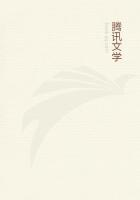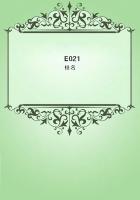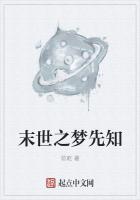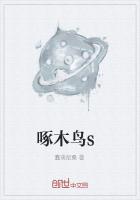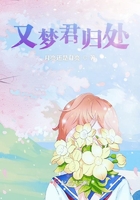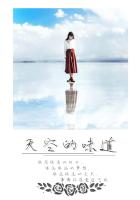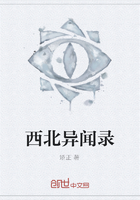Perhaps it was inevitable, for of all her children Stuart was the only one like her. At fourteen he was as big a mystery to his father and brothers as Frank had been, but unlike Frank he engendered no hostility, no irritation. He did as he was told without complaint, worked as hard as anyone and created absolutely no ripples in the pool of Cleary life. Though his hair was red he was the darkest of all the boys, more mahogany, and his eyes were as clear as pale water in the shade, as if they reached all the way back in time to the very beginning, and saw everything as it really was. He was also the only one of Paddy's sons who promised ***** handsomeness, though privately Meggie thought her Hal would outshine him when it came his turn to grow up. No one ever knew what Stuart was thinking; like Fee, he spoke little and never aired an opinion. And he had a curious knack of being utterly still, as still within himself as he was in body, and to Meggie, closest to him in age, it seemed he could go somewhere no one else could ever follow. Father Ralph expressed it another way. "That lad isn't human!" he had exclaimed the day he dumped a hunger-striking Stuart back at Drogheda after he was left at the convent minus Meggie. "Did he say he wanted to go home? Did he say he missed Meggie? No! He just stopped eating and patiently waited for the reason why to sink into our thick skulls. Not once did he open his mouth to complain, and when I marched up to him and yelled did he want to go home, he simply smiled at me and nodded!"
But as time went on it was tacitly assumed that Stuart would not go out into the paddocks to work with Paddy and the other boys, even though in age he might have. Stu would remain on guard at the house, chop the wood, take care of the vegetable garden, do the milking-the huge number of duties the women had no time for with three babies in the house. It was prudent to have a man about the place, albeit a half-grown one; it gave proof of other men close by. For there were visitors-the clump of strange boots up the plank steps to the back veranda, a strange voice saying: "Hullo, Missus, got a bit of tucker for a man?" The Outback had swarms of them, swagmen humping their blueys from station to station, down from Queensland and up from Victoria, men who had lost their luck or were chary of holding a regular job, preferring to tramp on foot thousands of miles in search of only they knew what. Mostly they were decent fellows, who appeared, ate a huge meal, packed a bit of donated tea and sugar and flour in the folds of their blueys, then disappeared down the track headed for Barcoola or Narrengang, battered old billycans bouncing, skinny dogs belly down behind them. Australian itinerants rarely rode; they walked.
Occasionally a bad man would come, on the lookout for women whose men were away; with a view to robbery, not ****. Thus Fee kept a shotgun standing loaded in a corner of the kitchen where the babies couldn't get to it, and made sure she was closer to it than her visitor until her expert eye assessed his character. After Stuart was officially allotted the house as his domain, Fee passed the shotgun to him gladly.
Not all the visitors were swaggies, though they were in the majority; there was the Watkins man in his old model-T, for instance. He carried everything from horse liniment to fragrant soap unlike the rock-hard stuff Fee made in the laundry copper from fat and caustic; he had lavender water and eau de cologne, powders and creams for sun-dried faces. There were certain things one never dreamed of buying from anyone but the Watkins man; like his ointment, better by far than any drugstore or prescription salve, capable of healing anything from a rent in the side of a work dog to an ulcer on a human shin. The women would crowd around in every kitchen he visited, waiting eagerly for him to pop open his big suitcase of wares. And there were other salesmen, less regular patrollers of the back-blocks than the Watkins man but equally welcome, hawking everything from tailor-made cigarettes and fancy pipes to whole bolts of material, sometimes even luridly seductive underwear and lavishly beribboned stays. They were so starved, these women of the Outback, limited to maybe one or two trips a year into the nearest town, far from the brilliant shops of Sydney, far from fashions and feminine furbelows.
Life seemed mostly flies and dust. There had not been any rain in a long time, even a sprinkle to settle the dust and drown the flies; for the less rain, the more flies, the more dust.
Every ceiling was festooned with long, lazily spinning helixes of sticky flypaper, black with bodies within a day of being tacked up. Nothing could be left uncovered for a moment without becoming either an orgy or a graveyard for the flies, and tiny speckles of fly dirt dewed the furniture, the walls, the Gillanbone General Store calendar.
And oh, the dust! There was no getting away from it, that fine-grained brown powder which seeped into even tightly lidded containers, dulled freshly washed hair, made the skin gritty, lay in the folds of clothes and curtains, smeared a film across polished tables which resettled the moment it was whisked away. The floors were thick with it, from carelessly wiped boots and the hot dry wind drifting it through the open doors and windows; Fee was forced to roll up her Persian carpets in the parlor and have Stuart nail down linoleum she bought sight unseen from the store in Gilly. The kitchen, which took most of the traffic from outside, was floored in teak planks bleached to the color of old bones by endless scrubbing with a wire brush and lye soap. Fee and Meggie would strew it with sawdust Stuart carefully collected from the woodheap, sprinkle the sawdust with precious particles of water and sweep the damp, pungent-fragrant mess away out of doors, down off the veranda onto the vegetable garden, there to decompose itself to humus.

